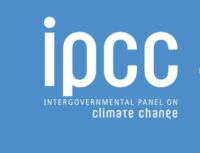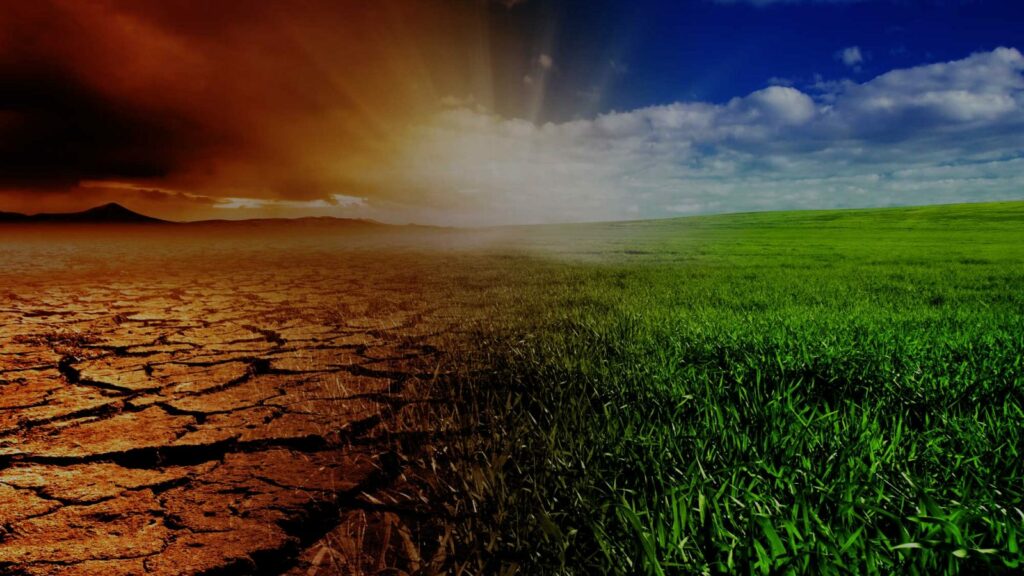IPCC Special Report: Climate Change and Land
UNITED NATIONS, ENVIRONMENT, 12 Aug 2019
UN Intergovernmental Panel on Climate Change – TRANSCEND Media Service
6 Aug 2019 – An IPCC special report on climate change, desertification, land degradation, sustainable land management, food security, and greenhouse gas fluxes in terrestrial ecosystems.
- Report
- Download SPM
- Download PDF here
Report
At its 43rd Session (Nairobi, Kenya, 11 – 13 April 2016), the IPCC Panel decided to prepare a special report on climate change, desertification, land degradation, sustainable land management, food security, and greenhouse gas fluxes in terrestrial ecosystems.
Experts met on 13 – 17 February 2017 in Dublin, Ireland to prepare a draft outline for the report.
At its 45th Session (Guadalajara, Mexico, 28 – 31 March 2017), the Panel approved the outline for Climate Change and Land: an IPCC special report on climate change, desertification, land degradation, sustainable land management, food security, and greenhouse gas fluxes in terrestrial ecosystems.
The Special Report will be developed under the joint scientific leadership of Working Groups I, II, III and the Task Force on National Greenhouse Gas Inventories, and supported by the WG III TSU.
Authors and Review Editors
103 experts from 52 countries were selected as Coordinating Lead Authors and Lead Authors – who are working on each individual chapter – and Review Editors, who will ensure that comments by experts and governments are given appropriate consideration as the report develops.
The full list of Coordinating Lead Authors, Lead Authors and Review Editors is here.
TO CONTINUE READING Go to Original – ipcc.ch
Tags: Activism, Amazonia, BRICS, Brazil, Capitalism, Climate Change, Conflict, Deforestation, Development, Economics, Environment, Geopolitics, Global warming, History, Human Rights, Indigenous Rights, Latin America Caribbean, Media, Politics, Power, Racism, Social justice, Solutions, UN, Violence, West, World
DISCLAIMER: The statements, views and opinions expressed in pieces republished here are solely those of the authors and do not necessarily represent those of TMS. In accordance with title 17 U.S.C. section 107, this material is distributed without profit to those who have expressed a prior interest in receiving the included information for research and educational purposes. TMS has no affiliation whatsoever with the originator of this article nor is TMS endorsed or sponsored by the originator. “GO TO ORIGINAL” links are provided as a convenience to our readers and allow for verification of authenticity. However, as originating pages are often updated by their originating host sites, the versions posted may not match the versions our readers view when clicking the “GO TO ORIGINAL” links. This site contains copyrighted material the use of which has not always been specifically authorized by the copyright owner. We are making such material available in our efforts to advance understanding of environmental, political, human rights, economic, democracy, scientific, and social justice issues, etc. We believe this constitutes a ‘fair use’ of any such copyrighted material as provided for in section 107 of the US Copyright Law. In accordance with Title 17 U.S.C. Section 107, the material on this site is distributed without profit to those who have expressed a prior interest in receiving the included information for research and educational purposes. For more information go to: http://www.law.cornell.edu/uscode/17/107.shtml. If you wish to use copyrighted material from this site for purposes of your own that go beyond ‘fair use’, you must obtain permission from the copyright owner.
Read more
Click here to go to the current weekly digest or pick another article:
UNITED NATIONS:
- Israel's Gaza Massacre: Are We Witnessing the DEMONIC?
- Putin’s Proposed UN Control Over Ukraine Is Well Intentioned but Will Be Tough to Implement
- The Christian Zionist Leading the International Court of Justice
ENVIRONMENT:

